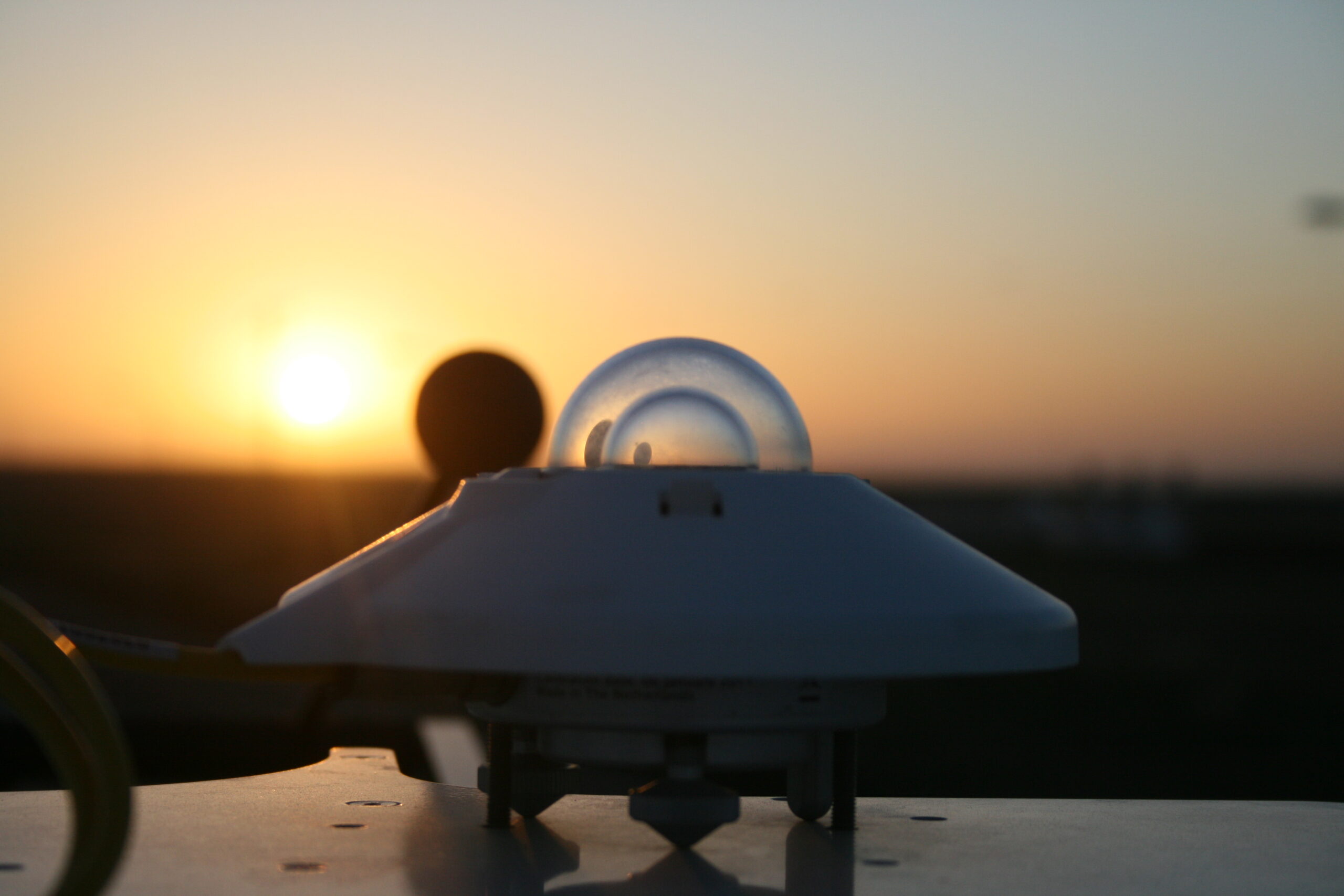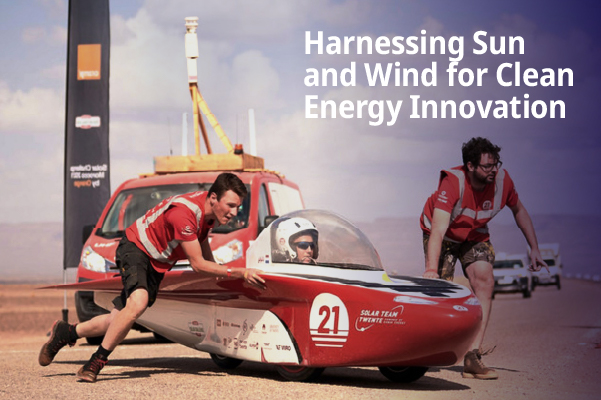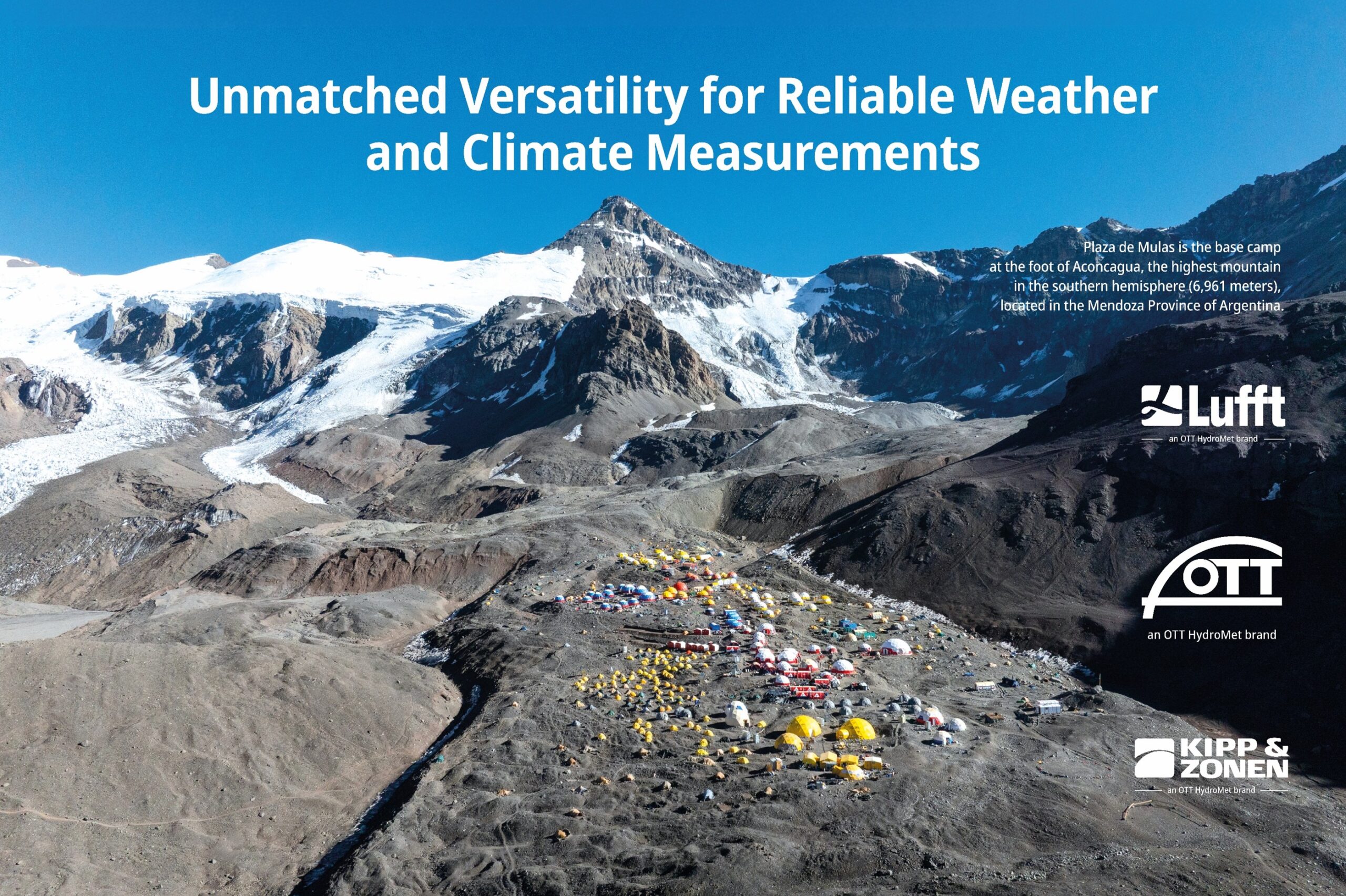The TU Delft Solar Boat Team looks back on a successful season in July: They were able to win five different awards of this year’s Dutch Solar Challenge (the Fryske Marren Prize, the Time Trial Award, the Top Speed Award, the Innovation Award and the Stage Award for two stages). Also at the Monaco Solar Boat Challenge they maintained their amazing course of success by receiving the Beauty Award and the second prize in the Open Class. This mostly is owed to the elaborated boat technology of the student engineers…
Dutch Solar Challenge 2016 and Monaco Solar Boat Challenge 2016
The TU Delft Solar Boat Team looks back on a successful season in July: They were able to win five different awards of this year’s Dutch Solar Challenge (the Fryske Marren Prize, the Time Trial Award, the Top Speed Award, the Innovation Award and the Stage Award for two stages). Also at the Monaco Solar Boat Challenge they maintained their amazing course of success by receiving the Beauty Award and the second prize in the Open Class. This mostly is owed to the elaborated boat technology of the student engineers…
The Technology
TU Delft Solar Boat Team 2016, copyright: TU Delft Solar Boat Team
The yearly changing team constructs new hydrofoil boats which are solar powered in every second year. By means of the hydrofoils, the boat hull is raised and the boat becomes more streamlined. Through this, the speed can be maximized. The winning solar boat of 2016 reaches speeds of more than 50 km/h. It was about 5 km/h faster than the boat of 2014.
Joining the solar boat team therefore helps to improve engineer skills and furthers the knowhow about sustainable energies, especially because solar power is linked to different challenges such as
- limited available power requiring the minimization of drag
- influence by environmental parameters such as radiation, wind and precipitation.
The latter has been monitored by three different weather sensors sponsored by Lufft: the VENTUS ultrasonic wind sensor, the WS502-UMB and the WS501-UMB. The delivered information about temperature, relative humidity, air pressure, wind direction, wind speed and of course solar radiation helped to investigate in the changes of the solar boats performance both of the TU Delft team and their competitors.
About the TU Delft Solar Boat Team
Marine students of the TU Delft originally founded the TU Delft Solar Boat Team in 2005 in order to participate at the Frisian Solar Challenge. As the new group won the challenge, it was the start of a successfull student organization with 25 members entering various solar boat challenges on a regular base. From 2008 on they have aimed to attend Dutch Solar Challenge taking place every two years. This event is considered the World Cup of solar boat races for which the students’ team from Delft develope a new, improved boat each time. Moreover they participate in the yearly Dutch Championships and the Solar1 Cup in Monaco.


